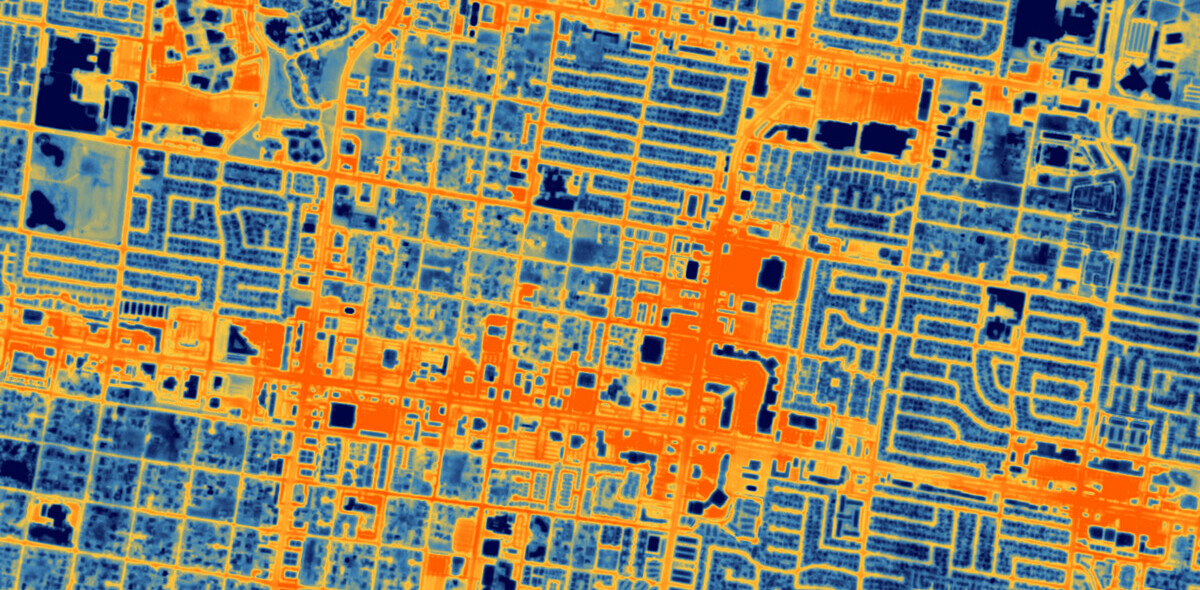
The app store field is getting more and more crowded by the minute with Amazon, Google and Apple all vying for your purchases and allegiance. All of these app stores have one major thing in common; the idea that if you buy it here, you can’t take it with you.
Developers Cooperative, a group of developers with the crazy idea that you might want to use an app you purchase once on any platform you own, are fed up with this and are introducing a new app store, one that lets you take your apps wherever you go.
Openspace promises to be a more developer and consumer friendly app store alternative by allowing you to purchase an app once and then use it on any platform that it’s available on. This includes the Mac, PC, iPhone, Android and the web.

Developers Cooperative and creator Robert Reich have some interesting ideas about how an app store should be run. First of all, they’re allowing the developers that are members of the Cooperative to choose the Terms and Conditions of the app store. Each of the terms are presented separately and developers are allowed to vote on which of them makes it into the final set of rules governing the store.
If a rule needs to be changed, upgraded or added, all of the current members of the Cooperative will have the chance to approve or veto those changes. It’s a unique take on something that is normally handled in a law office and something that Developers Cooperative says is a sign of the open culture that it’s trying to create for developers and users on the Openspace app store.
Another way that Openspace aims to be different is the way that it handles multiple platforms. If you purchase an app from Openspace on your Android phone for instance, but it happens to be written in HTML5, you’ll also be able to open up the Windows or Mac based version of Openspace, see that you’ve purchased the app and install it on your computer. Developers Cooperative has written a custom framework for installing and running those HTML5 apps on your home PC just as if they were regular apps.
This means that you as a user could purchase an app on your Android phone and use it on your Windows PC, your Mac or your tablet of choice, as long as the developer had a version that worked on all of the platforms. The apps aren’t limited to just HTML-based apps. They can be written with any platform in mind and the customer will be able to see and install them on the appropriate version of the app store, which will auto-detect the platform that they need.
This is a key way that the Openspace store differs from other independent app stores like OpenAppMkt, which distributes almost exclusively HTML5-based apps.
If you’ve browsed Apple’s App Store for any length of time trying to find an interesting app or one for a specific use then you know how hard it is to track them down. Most of the time you’re left wading through them based loosely on keywords or categories.
Developers Cooperative wants to make the discovery of apps easier with a recommendation engine that will run as a plugin in your browser among other places.The engine will then see what you’re browsing or what sites you’re visiting and then recommend apps based on that content. So if you’re poking around on recipe sites it might suggest a cooking magazine app and a recipe manager, for instance.
Current developers will be happy to know that if they bring their app, or a version of it, to the Openspace store, they will be able to import the metrics and placement of their current apps from the App Stores where they’re now listed.

The Openspace store will have similar terms to Apple’s App Store for developers, with Developers Cooperative taking a 30% cut of profits with developers getting 70%. That number can go up to 75% if a developer refers a customer to another app or product on the Openspace store.
This built in referral system applies to any member of the Cooperative, which has no membership fee. This means that you could conceivably make a 5% cut on apps, which comes out of Developers Cooperative’s 30% cut, just for referring people to items on the store without being a developer yourself. You would then earn that same commission on anything that user purchased on the store while they were there. This is very similar to the way that Amazon’s Associate program works.
At this point Developers Cooperative has 477 apps already committed to the app store and those apps have brought along a current user base of almost 1.5 million installed users. Developers Cooperative hopes to have more than that when they launch the Openspace store in late April or early May. Registrations for the Developers Cooperative are already open and waiting for developers to submit their apps.
If you’re a user happily living inside the Apple bubble, with your iPhone, Mac and iPad all talking to one another and using the same apps, it’s unlikely that you’ll be immediately excited by the prospect of an open, cross-platform app store. But if your devices are mixed between platforms to any degree, say an iPhone, an Android tablet and a Windows PC, then this kind of buy-once, use everywhere app store could potentially save you a lot of time and money.
Developers Cooperative has a long way to go before it challenges the more established players in the app store game but if they succeed they have the potential to make buying and selling apps a more friendly experience for customers and developers alike.
Get the TNW newsletter
Get the most important tech news in your inbox each week.




